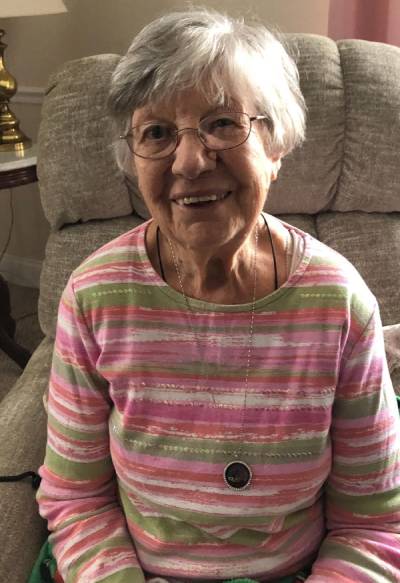As much as we may hate to admit it, it’s normal to need more help as we age. Maintaining a home, paying bills, grocery shopping, preparing meals, even bathing and dressing can become too much, and the need for either home care or an assisted living community becomes evident.
While the majority of seniors would prefer to remain in their home for as long as possible, it is not necessarily the best choice for everyone. It’s important for families to understand the differences between senior home care and assisted living, and weigh their options carefully.
What Does Assisted Living Offer?
Assisted living communities typically provide seniors with private rooms or apartments, as well as a variety of personal and medical services. For example, residents in our Terrace assisted living communities in Troy, Slingerlands, East Greenbush, Niskayuna and Queensbury, enjoy the privacy and comfort of their own apartment with laundry and housekeeping services, three freshly prepared meals daily, medication management, transportation for errands and appointments, assistance with bathing and dressing, and an emergency alert system with 24-hour staff.
Benefits of Assisted Living
Social Activities & Services
 As an assisted living resident, seniors become part of a community. There are regularly scheduled social, cultural, recreational and educational activities, and plenty of opportunities to develop friendships with other residents. Many of our assisted living communities even have beauty salons and barbershops on-site, as well as libraries, activity centers, gift shops and walking paths.
As an assisted living resident, seniors become part of a community. There are regularly scheduled social, cultural, recreational and educational activities, and plenty of opportunities to develop friendships with other residents. Many of our assisted living communities even have beauty salons and barbershops on-site, as well as libraries, activity centers, gift shops and walking paths.
Reliable, 24/7 Security & Support
Assisted living offers personalized care day and night, and it’s typically more affordable than 24/7 in-home care. It’s also more reliable. With assisted living, there’s no worrying about whether the home aide will show up, or be on time. All of our assisted living communities provide 24-hour security and an emergency call system, as well as around-the-clock staff and licensed nurses. We also have on-site physicians, and offer psychological and podiatry services.
Are there any Downsides?
The biggest perceived disadvantage of assisted living is leaving home, but it’s important to remember that, with time, an assisted living community can feel like home, too. Of course, not everyone is well-suited for assisted living, if one-on-one skilled nursing or memory care is needed, a private aide, skilled nursing facility or a memory care community may be a better alternative.
What Does In-Home Care Offer?
In-home care offers a range of services from simple companionship and non-medical assistance to personal care and skilled nursing in the privacy of your home. The type of caregiver you hire will depend on the needs of the person receiving the care, and can include assistance with bathing, dressing, using the toilet, light housekeeping, meal preparation, medication reminders and more. Caregivers are vetted and hired by the family, and are typically paid by the hour depending on the type of care provided.
In-home care can be intrusive if there are other family members living at home, and seniors living alone are more susceptible to social isolation, depression and cognitive decline than those living in a community. In-home care is also not as reliable as assisted living. Ongoing family involvement is needed for hiring and managing caregivers, as well as planning backup care options.
It’s also important to remember that in-home care does not solve the issue of home and yard maintenance, grocery shopping and transportation, so other arrangements will need to be made for those services. And, modifications to the home may be needed for safety, such as wheelchair ramps and grab bars in the bathroom.
Assisted Living vs. In-Home Care Costs
 Assisted living costs include care, housing, and meals in one monthly fee. Because of this, it may seem more expensive than home care. However, when you calculate the costs of home care, combined with groceries, transportation, utilities, maintenance and property taxes, assisted living may cost less than aging at home. It’s important to run all the numbers when evaluating your options.
Assisted living costs include care, housing, and meals in one monthly fee. Because of this, it may seem more expensive than home care. However, when you calculate the costs of home care, combined with groceries, transportation, utilities, maintenance and property taxes, assisted living may cost less than aging at home. It’s important to run all the numbers when evaluating your options.
Which is Best for Your Family Member?
Many seniors claim they want to stay in their homes to maintain their independence, but if you’re unable to drive, don’t visit with friends as often, and aren’t eating right, is that really a good quality of life? For seniors who need minimal daily assistance, home care may be a good choice. However, when someone requires more than 4 or 5 hours of home care a day, assisted living may make more sense.
Deciding between assisted living and in-home care is a very individual decision. Eddy Senior Living is here to help in any way that we can. Contact us online or call (518) 280-8385 to speak with our senior living specialists.
